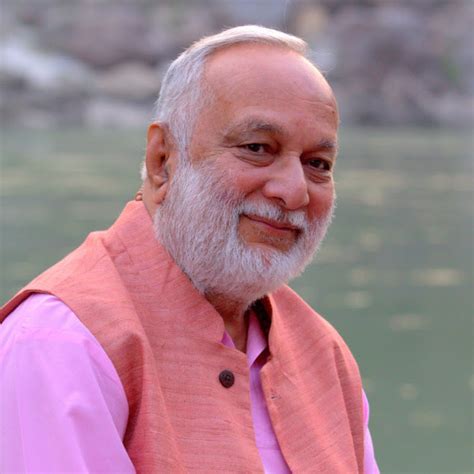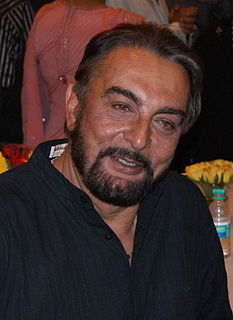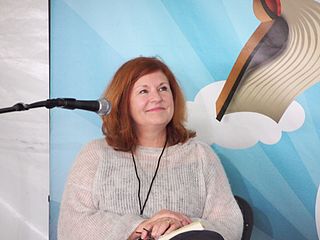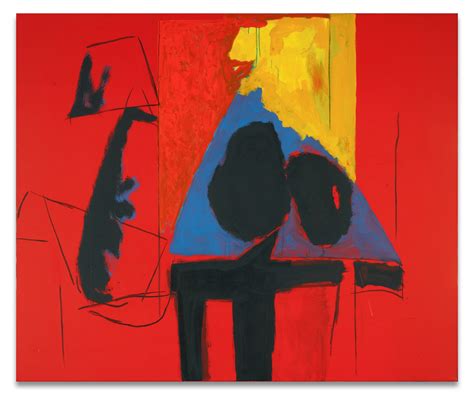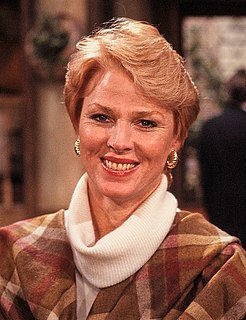A Quote by Swami Anand Milarepa
Although work was, and still is, considered an important part of Osho's vision, in the last years of his life, he began to emphasize creativity as a way of expressing and sharing the fruits of our meditation.
Related Quotes
Malcolm X had a clear vision and an understanding that we were - that he was a part of a broad freedom struggle. As his vision became more internationalist and pan-African, as he began, especially in 1964, after seeing the example of anti-colonial revolutions abroad and began to articulate and incorporate a socialist analysis economically into his program, he clearly became a threat to the US state.
Slowly but surely I have been soaking Rilke up these last few months: the man, his work and his life. And that is probably the only right way with literature, with study, with people or with anything else: to let it all soak in, to let it all mature slowly inside you until it has become a part of yourself. That, too, is a growing process. Everything is a growing process. And in between, emotions and sensations that strike you like lightning. But still the most important thing is the organic process of growing.
One of the things meditation gives you is creativity because creativity really comes from the subconscious brain - intuition, imagination - so it's not like you can go there and say, I'm going to go be creative now. Maybe you can, but the real way you get creativity is, you know, you're taking a hot shower and great ideas come to you from the subconscious. Essentially, meditation opens a pipeline between the conscious and the subconscious.
My personal attitude toward atheists is the same attitude that I have toward Christians, and would be governed by a very orthodox text: "By their fruits shall ye know them." I wouldn't judge a man by the presuppositions of his life, but only by the fruits of his life. And the fruits - the relevant fruits - are, I'd say, a sense of charity, a sense of proportion, a sense of justice. And whether the man is an atheist or a Christian, I would judge him by his fruits, and I have therefore many agnostic friends.
In printmaking, I essentially use the same process as in painting with one important exception ... to try, with sensitivity to the medium to emphasize what printing can do best ... better than say, painting or collaging or watercolour or drawing or whatever ... Otherwise, the artist expresses the same vision in graphics that he does in his other work.
To live his life in his own way, to call his house his castle, to enjoy the fruits of his own labour, to educate his children as his conscience directs, to save for their prosperity after his death -- these are wishes deeply ingrained in civilised man. Their realization is almost as necessary to our virtues as to our happiness. From their total frustration disastrous results both moral and psychological might follow.
